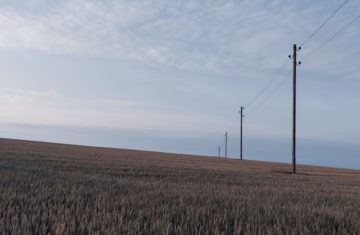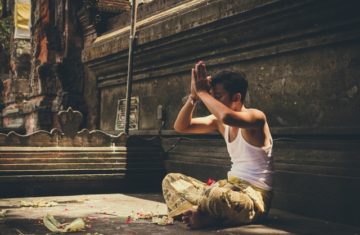Welcome to Living the Lojong! Today we begin our journey of reflection on the 59 mind-training slogans. One quick word before we begin, though: mind-training does not mean “only with your brain.” Consider “mind” here to mean mind-body-spirit, total consciousness, a fully embodied way of being. OK?! Now let’s dive right in with the very first slogan:
First, train in the preliminaries. You could also say: start with the basics, or as Jamgon Kongtrul translates it, do the groundwork.
Already, this is so wise. I don’t know about you, but when I want to do something new, I do NOT like the prep work. I want to dive right in and figure it out as I go. What I’ve learned over the years is that this method wastes a lot of time and creates a lot of missteps. It’s better to do the groundwork. Like every athlete, craftsman, teacher, and expert knows, you’ve first got to practice the foundational skills.
And listen, I told you these lojong slogans were simple and I meant it so if that’s already enough for you to take with you and think about this week, go for it. What foundational skills, what preliminary human stuff do you most need training in right now? Just carry that question with you today. It’s a good and fruitful one.
If you have room to go a little deeper, Tibetan Buddhism offers four reminders about life designed to help us train our minds as we begin. Here are my very casual translations of these four reminders:
- Life is precious.
- We’re all going to die.
- Everything we do has a result.
- Suffering happens to everyone.
I want to touch briefly on these four. First, life is precious. As Mary Oliver famously said, “What will you do with this one wild and precious life?” We know this, but we don’t often live this. What would you do differently today if you truly embraced how precious, how holy, your life is right now?
Second, we never know when we will die. It can happen at any moment. It’s Buddhist practice to remember this regularly, because it brings focus to how we spend our time. And regardless of when death comes, it’s definitely coming. Being mindful of our impermanence brings us back to the preciousness of the moment.
Third, what we do, say, think, believe matters. It affects other people. The fancy philosophical term for this is karma. The basic idea is…cause and effect. As we train to be people with awakened hearts and minds, we do what we can to bring about good stuff in the world. And we take responsibility for the stuff we put out that doesn’t bring those results.
Lastly, it wouldn’t be a foundational Buddhist slogan without reminding us that suffering is inevitable. Everyone suffers. There’s no such thing as a get out of humanity free card. You do not pass “go” just because you’re being a “good person” or because you’re following all the rules or because you’re scared. But the whole point of lojong is to realize, slowly but surely, that we’re a lot more capable of holding our centers in the midst of the hard stuff than we think. But we can’t hold our center if we don’t even accept that we’re suffering, or if we’re too busy trying to avoid it.
So, deep breath. Suffering happens, death happens, everything has consequences. But underneath all of that, life is so very precious. So fragile and beautiful and wild and innately good. It’s worth showing up for.
How can you show up to these foundational truths this week?





Ryan Epley
I have been searching for what is most fundamental for a long time now. Each time I think I have found it or something like it, it always says, “You know what to do. Do that.” Then I promptly get back to searching again when that is not at all the point.
I am being led to walk not as student in books and theories, but as a warrior, if you will, placing one foot before the other. What is most fundamental? It is how I walk. I can pursue this path so long as I remember its destination is outside of my control and all that should really matter to me is the faith I bring to the process of placing on foot in front of the other.
God placed us on the Earth. I took that too far for many years. Like the American electorate after Obama, I reacted against that extremism by going too far in the opposite direction. Balance is the key here, that and confidence to keep going without knowing where the path ends.